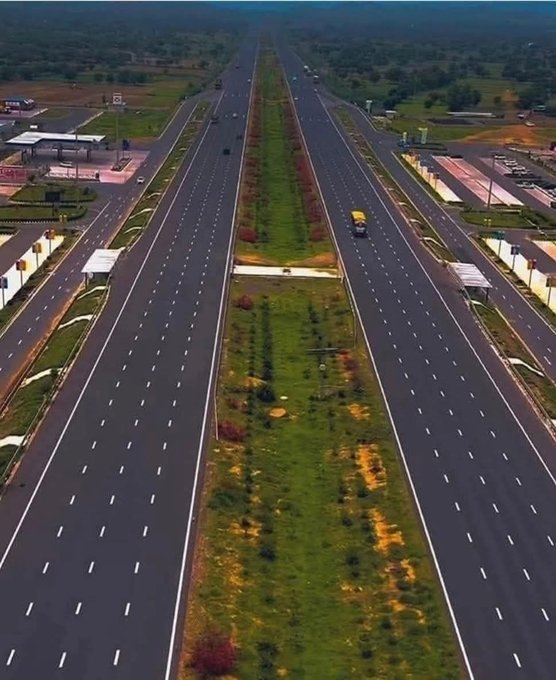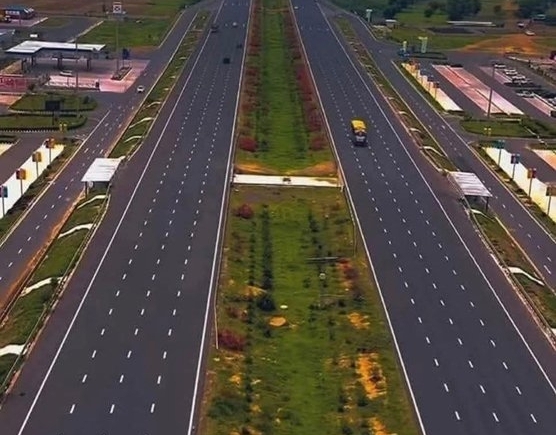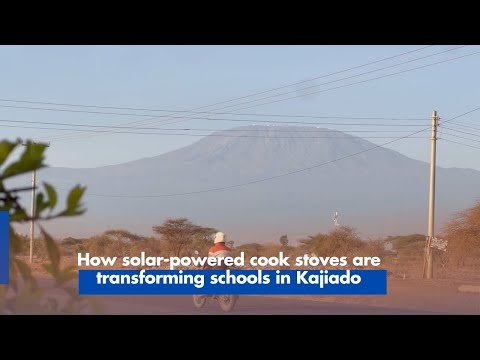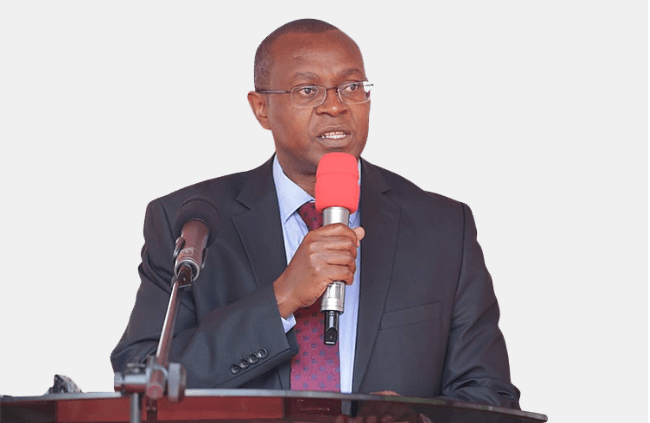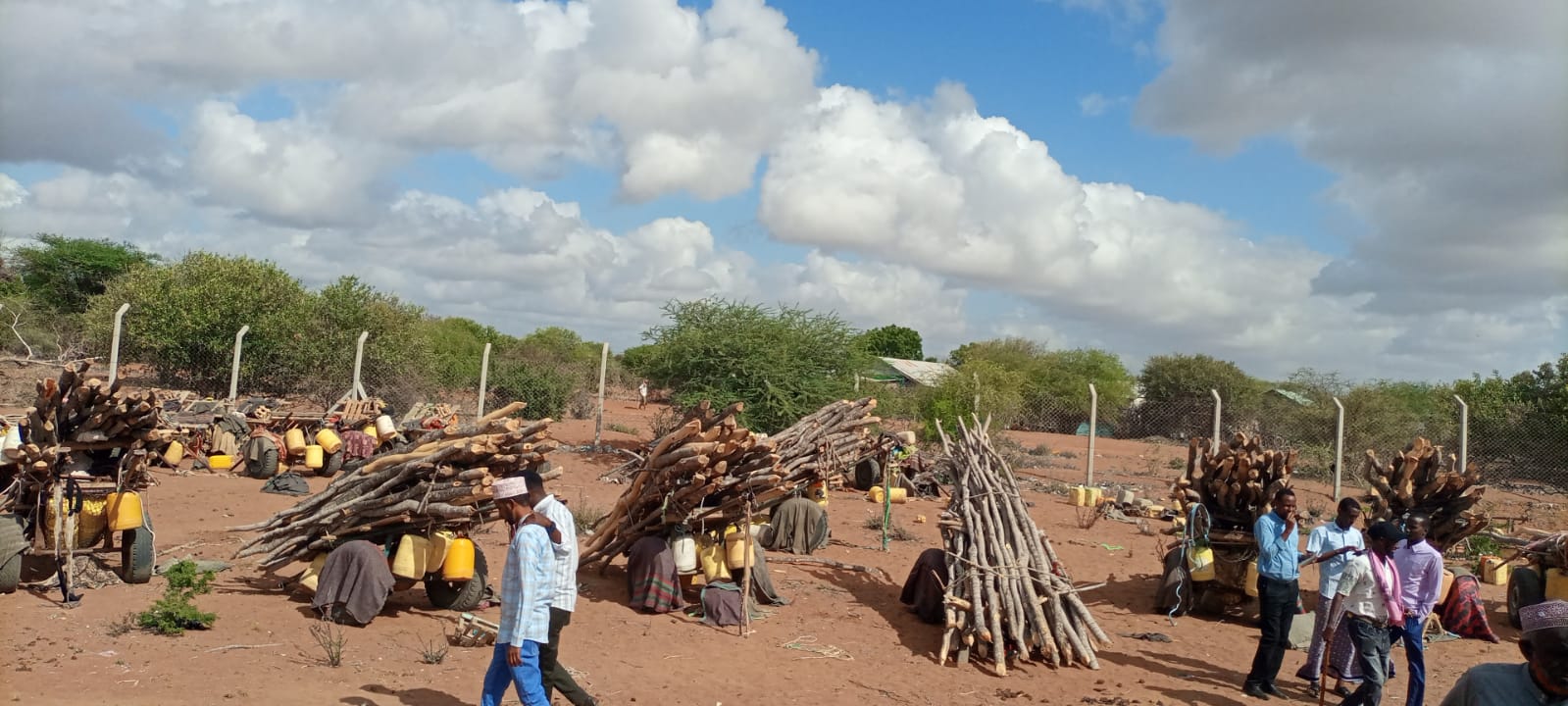
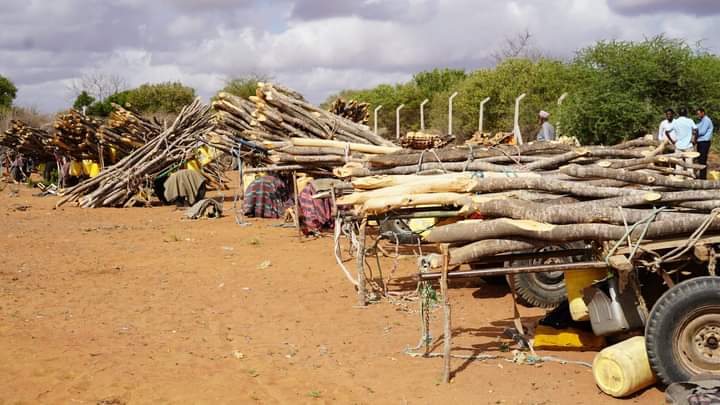
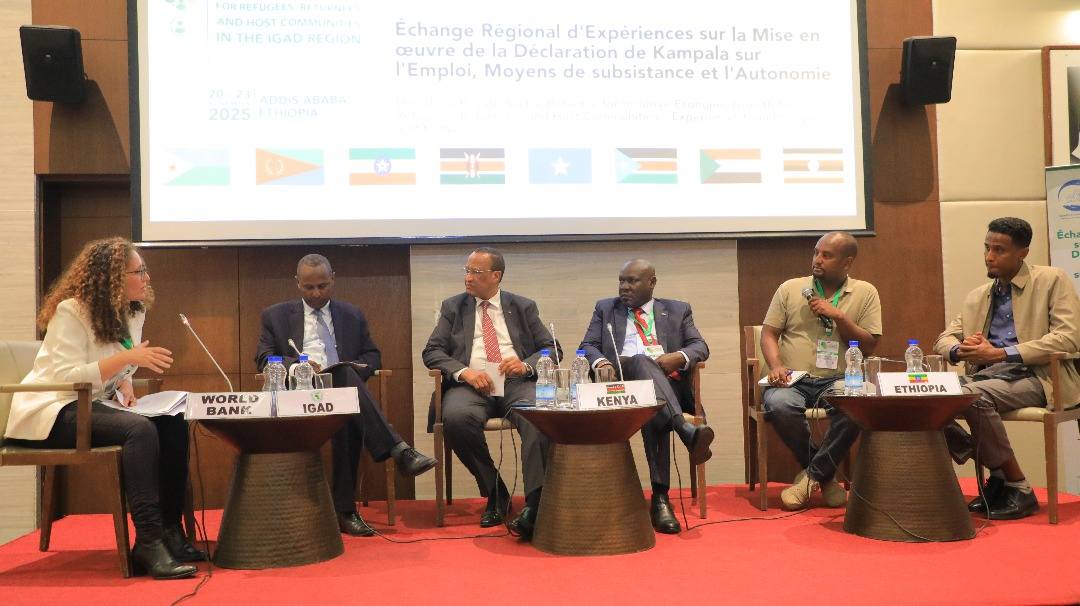
Garissa Governor Nathif Jama with other panelists at the conference.
Garissa Governor Nathif Jama has issued a passionate plea for
urgent intervention to address the deepening humanitarian and environmental
crisis in Dadaab.
Governor Jama regretted that decades of hosting refugees
have left the region on the brink of ecological collapse.
Speaking in Addis Ababa during the IGAD High-Level Regional
Conference on “Improving Livelihoods for Refugees and Host Communities, Jama
painted a grim picture of the environmental degradation that he noted has been
caused by the refugees.
Jama said for more than 30 years, Dadaab has borne the weight
of a global problem that was never designed to last this long noting that the
situation has become intolerable.
He cited widespread deforestation, the killing of wildlife
such as giraffes for meat and the rapid depletion of groundwater resources due
to uncontrolled drilling of boreholes.
“Unbearable situations that have occurred in Dadaab as a
result of hosting refugees for more than three decades. These include extensive
deforestation caused by the cutting of (mainly indigenous) trees for firewood,
the killing of wildlife — particularly giraffes— for meat, the alarming
depletion of the area's water resource (the aquifer) due to overutilisation
through uncontrolled drilling of boreholes as well as overall destruction to
the local ecosystem,” Jama said.
The governor emphasised that these developments have taken
place — and continue to unfold— under the direct watch of international organisations
mandated to protect and support refugees, which have consistently failed to
take necessary and timely actions.
He called for urgent and practical mitigation measures,
including the introduction of alternative cooking systems to curb tree-cutting
and reduce environmental destruction.
“I want to make it unequivocally clear that the situation
has become intolerable. I therefore call for urgent and practical mitigation
measures, including the provision of alternative cooking systems for the
refugees to reduce environmental destruction,” Jama said.
He further urged for a shift in refugee management policy,
arguing that the traditional model of prolonged encampment is no longer viable
in light of changing global funding realities.
In light of evolving global funding realities, Jama said the
continued protracted encampment of refugees is no longer sustainable. He advocated
for a shift in focus toward enabling and empowering refugees to seek
self-reliant livelihoods
“We must move beyond dependency. It is time to empower
refugees to pursue self-reliant livelihoods that contribute positively to their
host communities,” he said.
The governor also expressed support for the Shirika Plan of
Kenya, describing it as a forward-looking and sustainable approach to
addressing the long-standing challenges faced by both refugees and host
communities.
“The Shirika Plan offers hope—a blueprint for shared
prosperity, dignity and stability,” he said.
In September, Jama and a host of other leaders flew to Liboi
where they accused the national government and UNHCR of turning a blind as the
refugees continued to engage in massive deforestation, this was after pictures
were widely shared showing refugees with donkey carts loaded with firewood.
Residents of Kulan with the help of Kenya police reservists
arrested the 96 refugees with donkey carts loaded with indigenous trees.
Jama said efforts to have the deforestation issue addressed
by the national government and UNHCR agencies have not been successful.
“We always knew that the refugees who we welcomed in our midst were cutting trees for their cooking requirements, but we never imagined that a day would come when they would cause such massive destruction,” Jama said at the time.He accused the government of not coming up with alternative sources of fuel for the refugees.


